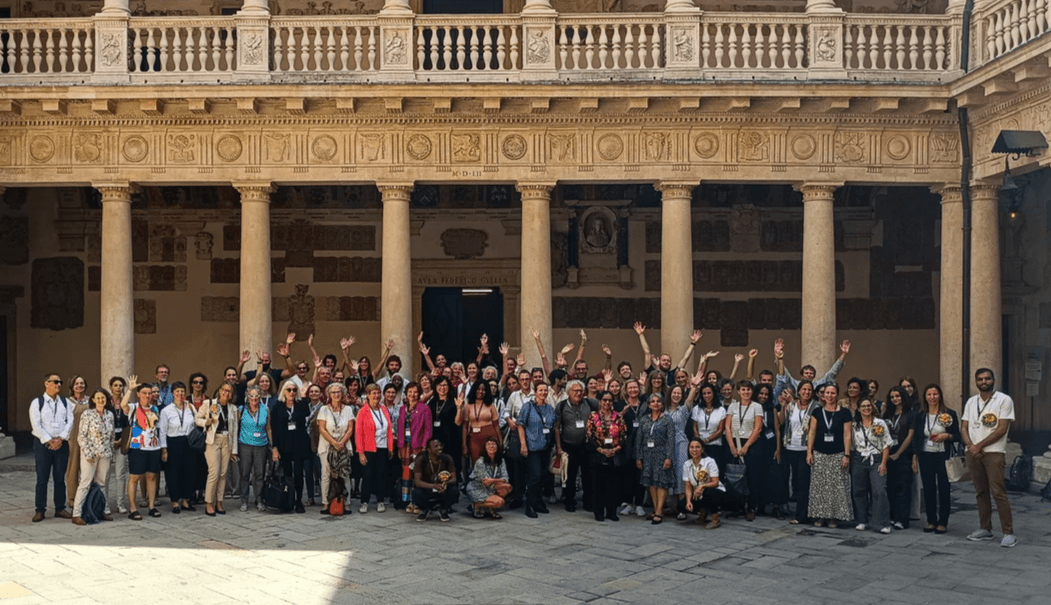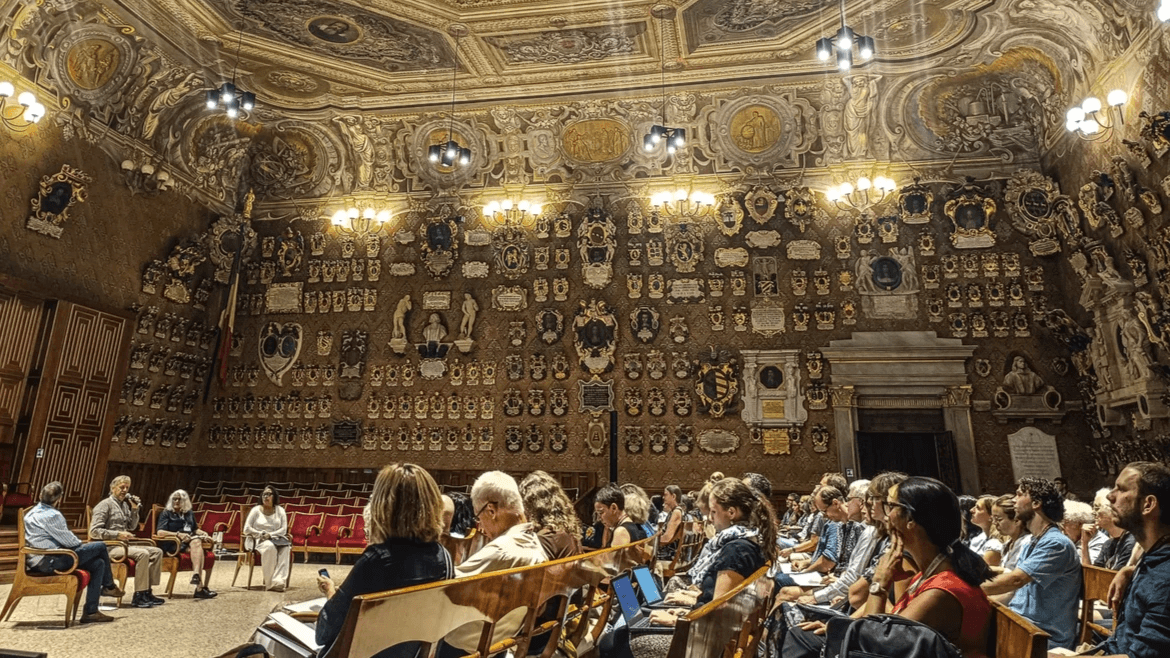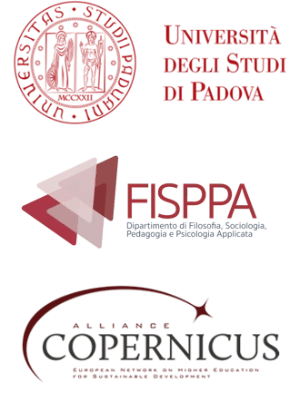
-
The 2024 Higher Education Summit aimed to be a space for collective reflection, discussion,
and co-creation for those engaged in transforming higher education into a more sustainable,
regenerative learning environment. It fostered dialogue and
collaboration among educators and stakeholders in higher education.
TRANSFORMATION
TOWARDS SUSTAINABILITY
Transformations are never easy; oftentimes they are disorienting and disruptive. To provoke transformation, there must first be an awareness of problematic yet deeply embedded paradigms and practices; only then can they be critically examined and changed into more sustainable ones.
A sustainability-oriented transformation is thus a journey that looks inward through critical reflection, as much as it is one that reaches outward through collective effort and dialogue and moves forward by searching for sustainable solutions.
How can higher education transform itself and what would this transformation entail? How could this positively impact the greater community and ultimately lead to meaningful change?
INTERNATIONAL CONFERENCE
8-10 SEPTEMBER 2024
The 2024 Higher Education Summit was organized by the University of Padua and the COPERNICUS Alliance from 8-10 September 2024 in Padua, Italy.
The conference provided a unique opportunity to foster dialogue and collaboration. It brought together different audiences involving students, educators and changemakers in the field of transformative learning for sustainable development within higher education. The program included different formats such as keynotes, workshops, guided tours, and spaces for informal exchange among participants.
Conference Proceedings and photos are available:

WHOLE-INSTITUTION
APPROACH
Many suggestions that come from education for sustainability underline the need for a whole-institution approach (WIA), an integrated means to address all educational processes that influence learning. Aligning and coordinating these processes with each other, it drives and stimulates educators to systematically promote learning and find solutions for the problems we face today.
Moreover, this approach helps organizations incorporate the principles of Education for Sustainable Development (ESD) for 2030 in an organic and systemic way, with attention to vision, curriculum, pedagogy and teaching, and management of the organization itself, and research.

TRANSDISCIPLINARY
COLLECTIVE EFFORTS
In this way, education professionals are prompted to reflect on their own learning needs and forge more transdisciplinary collaborations within the university, as well as engage with stakeholders outside their organization.
The aim is to achieve the Sustainable Development Goals (SDGs) by creating learning environments that stir critical reflection, welcome dialogue, and put primacy in transdisciplinary collective efforts.

ORGANIZERS & CONTACT
The 2024 HIGHER EDUCATION SUMMIT is organized by
the University of Padua and the COPERNICUS Alliance.
If you have any questions, please contact:









